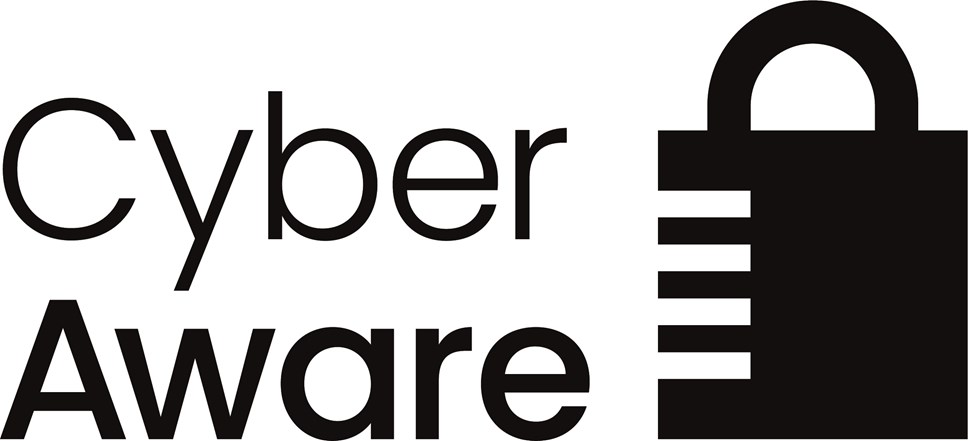
Stay home. Stay connected. Stay Cyber Aware
Aros gartref. Aros mewn cysylltiad. Aros yn seiber-effro
With more of us working and socialising online during the Coronavirus crisis we are experiencing an unprecedented increase in the number of email scams and cyber-crime throughout the country.
The National Cyber Security Centre (NCSC) has already tackled more than 2,000 online scams, from sites posing as legitimate companies requesting personal information such as passwords or credit card details, to false online shops selling fraudulent coronavirus related items.
In a bid to tackle the increasing number of scams in Wales, Finance Minister Rebecca Evans is encouraging everyone to use the new national ‘Suspicious Email Reporting Service’ to report crimes and follow advice and guidance set out by the NCSC.
The reporting service [report@phishing.gov.uk], launched earlier this week, makes it easier for people to forward any suspicious emails they receive to the NCSC –including those claiming to offer services related to coronavirus – so they can be investigated and appropriate action taken. Alongside this new service tips and advice for protecting your passwords, accounts and devices, as well as new guidance on the secure use of video conferencing services were launched.
Rebecca Evans said:
“Technology is playing a critical role in bringing people together virtually and offering services online that help people carry out everyday activities. But with this comes the potential risk of online harm.
“Cyber security is more important than ever as we make the most of digital services. By following the steps set out by the National Security Centre and reporting suspicious activity, we can all play our part in reducing the number of email scams and cyber-crime, protecting ourselves, our family and businesses.”
The National Cyber Security Centre recommends six steps to protect your data and devices:
- Create a separate password for your email account
- Create a strong password using three random words
- Save your passwords in your browser
- Turn on two factor authentication for important accounts
- Update your devices regularly (ideally set them to automatically update)
- Back up important data
Remember to Stay home. Stay connected. Stay Cyber Aware.
Notes to editors
The Cyber Aware website provides guidance and advice on how to stay secure online during the coronavirus crisis.
The NCSC website provides information on how to report a potential phishing message using the Suspicious Email Reporting Service (SERS).
